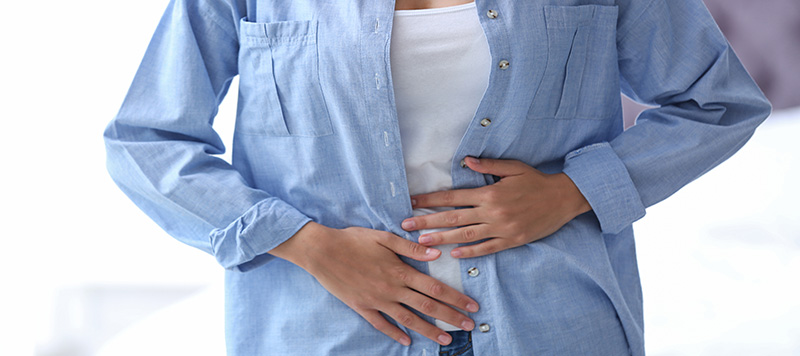Menstrual Health
It is important to begin to recognise the fullness of the experience available to us during menstruation. This can take take time. We understand the cycles of the natural world around us. That are the very basis of life, the means by which our planet and its people regenerate. It is a very empowering feeling to understand your own cycle, and how you feel from day to day.
It is a nice idea to keep a journal writing down inspirations, intuitions, dreams, feelings and thoughts. Through this process you can begin to understand yourself more completely. Recognising the signs and signals from your body to slow down, take time out for yourself.
Hypnosis and the trance state is a wonderful tool for following your emotions and feeling at any stage of your cycle. Deep relaxation practiced before the start of your period can be a huge benefit emotionally, mentally and physically.
I would advise any women to get to know her cycle, body and mind. Deep inner connection is the key to health and a long life.
Understanding your menstrual cycle.
The length of a woman’s menstrual cycle is calculated by the number of days between one period and the next. A cycle begins on the first day of bleeding and continues up to, but not including, the first day of the next period. The length of a women’s cycle may change a little or a lot from month to month. Many factors can affect the regularity of a woman’s cycles: illness, travel, diet, stress, or lifestyle changes. Ovulation occurs 12 to 16 days prior to menstruation irrespective of whether a women’s cycle is short or long. Menstruation can last from one to eight days, with the average being four to five days. There are two phases to the menstrual cycle, the follicular phase (menstruation to ovulation)and the luteal phase (ovulation to menstruation).
The few days leading up to ovulation are considered the most fertile in your cycle. Sperm can survive for up to five days in a woman’s body but on average they live for three days. If you have sex during the five or six days before you ovulate, it is likely that the sperm will still be around by the time your egg is released. One or two days after ovulation are also considered fertile days because an egg can live for about 20 hours after ovulation.
The tendency when we are in the ovulation phase of our cycle is, to be more outer focused, left brain, feeling fairly clear and productive, with plenty of energy for others.
As we move into the menstrual phase of the cycle we tend to become more inner focused. The move to this inner state is often signaled by feelings of anger, irritability, overwhelm, greater dreaminess and vagueness. The single most dominant characteristic of this phase is sensitivity. We become more sensitive both to our own feelings and also to the world around us.
Funnily enough the power of menstruation comes from the one thing we usually condemn in ourselves at this time: this very sensitivity. It is a wonderful opening for feeling and spirit. Menstruation is a return to the body and a subsequent revitalising of the senses. Reminder of the cycle of life.
I would like to say a big thanks to Alexandra Pope & Sjanie Hugo Wurlitzer on all their amazing work on the menstrual cycle and the power of our menstruality consciousness.
Check out http://redschoolonline.net/ for more inspiring information.

